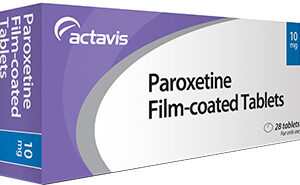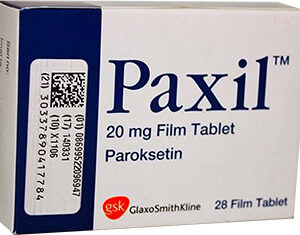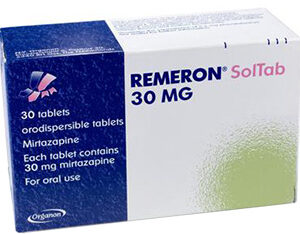Remeron Overview
Remeron, known generically as mirtazapine, is a prescription medication classified under antidepressants. It is primarily designed to rectify chemical imbalances within the brain that may contribute to depression. Remeron operates by enhancing the actions of certain neurotransmitters in the central nervous system, which can uplift mood and relieve depressive symptoms.
Uses
Remeron’s main indication is the treatment of major depressive disorder (MDD). By ameliorating feelings of sadness and hopelessness, it assists individuals in regaining a sense of well-being and motivation. Physicians might occasionally prescribe Remeron for reasons not strictly within its approved use, a practice known as off-label prescribing. Examples include aiding sleep or diminishing anxiety.
Dosage and Administration
The administration of Remeron demands a tailored approach, with initial dosages often starting low and gradually increasing based on the response and tolerance of the patient. A typical starting dose can range from 15 to 30 milligrams (mg), taken once daily, preferably in the evening before bedtime due to its sedative effects. Physicians meticulously monitor patients and adjust dosages accordingly to achieve the desired therapeutic outcomes.
Safety Information
Before commencing Remeron, it is vital to discuss your full medical history with a healthcare provider. This discussion should encompass any known allergies, especially to mirtazapine, or any inactive ingredients in the medication that might provoke an allergic reaction. Past medical conditions, particularly those related to heart, liver, or kidney issues, should also be shared with the healthcare provider.
Precautions and Warnings
Using Remeron demands caution, as it might exacerbate certain medical conditions or interact negatively with other medications. It’s crucial for individuals with a history of seizures, heart diseases, high cholesterol, or psychiatric disorders to consult their doctor. Additionally, abrupt cessation of Remeron can lead to withdrawal symptoms, so it’s important to follow a doctor’s guidance when discontinuing use. The risks of suicidal thoughts, especially among young adults and children, necessitate close supervision at the initiation of treatment.
Drug Interactions
The effectiveness of Remeron can be compromised when combined with various medicaments or substances, which may heighten the risk of side effects or reduce the medication’s efficacy. Combining Remeron with MAO inhibitors, blood thinners, or other antidepressants needs to be done under strict medical oversight to avoid adverse interactions.
Side Effects
Remeron carries the potential to cause side effects, varying from mild to severe. Commonly reported side effects include drowsiness, increased appetite, weight gain, and dry mouth. Although uncommon, more serious side effects such as hallucinations, seizures, or severe skin reactions should be reported to a healthcare professional immediately. Additionally, any signs of infection, such as fever or sore throat, warrant prompt medical attention.
Overdose
An overdose of Remeron requires urgent medical intervention. Symptoms of an overdose can include excessive sedation, rapid heart rate, and disorientation, which if unaddressed can be life-threatening. If an overdose is suspected, it is crucial to call emergency services or head directly to the nearest hospital.
Storage and Disposal
Proper storage of Remeron is essential to preserve its efficacy and prevent accidental ingestion, especially by children or pets. This medication should be stored at room temperature away from moisture and direct sunlight. When it comes to disposal, it’s important not to flush Remeron down the toilet or dispose of it in regular trash, following local guidelines for medication disposal.
FAQs
Can Remeron be used for anxiety?
While not officially intended for anxiety, some healthcare providers may prescribe Remeron off-label for this condition.
How quickly does Remeron take effect?
The onset of Remeron’s effects varies; some patients may notice improvements within a few weeks, whereas others might need a longer period.
Is Remeron addictive?
Remeron is not known to be habit-forming but should always be used as directed by a healthcare provider.
Can I drink alcohol with Remeron?
Alcohol can enhance the sedative effects of Remeron and is generally advised against during treatment.
References and Resources
This drug guide is not exhaustive, and it is recommended to consult healthcare professionals for more comprehensive information. Patients should review the medication guide provided with Remeron and can also consult online databases and trusted medical websites for further reading. Peer-reviewed journals and official guidelines from healthcare authorities remain invaluable resources for detailed drug information. It is crucial to always rely on professional advice and high-quality information regarding medication and treatment plans.






Reviews
There are no reviews yet.